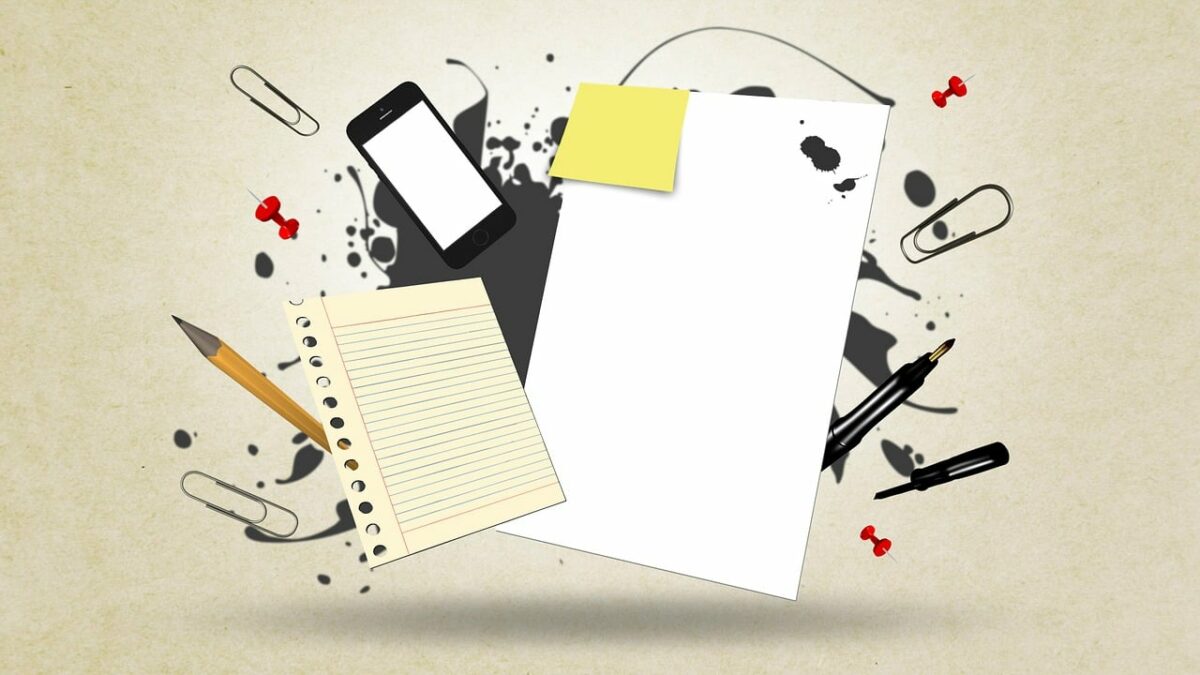
Assessment Periods: Striking the Right Balance Between Exams and Mental Health
April 13, 2024
Why People and Businesses Should Be Concerned About the State of Councils.
April 14, 2024Article written by Inaya, 2nd year LLB.
Taking precise lecture notes is a vital ability for law students, acting as a foundation for academic achievement and a thorough comprehension of legal principles. In the dynamic atmosphere of law school, where lectures are packed with complicated case studies, doctrinal debates, and nuanced legal concepts, the ability to distil complex material into organised and comprehensible notes is critical. In this article, we look at the best techniques for taking lecture notes that not only capture significant concepts but also improve comprehension, revision, and application in the study of law.
Come Prepared
Effective note-taking requires sufficient planning. Before each lesson, make sure you have all of the relevant resources, including as textbooks, case briefs, and any assigned readings. Familiarise yourself with the themes that will be presented by examining relevant literature in advance. This phase prepares you to better follow the lecture, anticipate key ideas, and engage in active listening with a firm foundation of comprehension.
Capture Key Concepts
During the lecture, concentrate on retaining significant concepts, principles, and explanations presented by the lecturer. Instead of simply attempting to write everything down as they say it, try to synthesise the material into your own words. Identify broad themes, key precedents, and instructive instances that explain the legal ideas being discussed. By condensing complicated concepts to brief and clear notes, you improve your understanding and memory of the content.
Use a Structured Format
Creating a systematic framework for your notes is critical for organisation and clarity. Consider utilising headers, bullet points, and indentation to indicate the difference between distinct themes and subtopics. This systematic layout makes navigation and understanding easier, allowing you to promptly find relevant material during revision sessions.
Active Listening and Annotation
Engage in active listening throughout the lecture, paying close attention to verbal cues, emphasis on certain points, and contextual nuances provided by the professor. Be prepared to annotate your notes with additional insights, questions, or references to supplementary materials. These annotations serve as valuable cues during review sessions and exam preparation, enriching your understanding and facilitating deeper engagement with the material.
Review and Consolidate
Following each lecture, allocate time to review and consolidate your notes while the information is still fresh in your mind. Fill in any gaps, clarify ambiguities, and cross-reference your notes with assigned readings or supplementary materials. This process solidifies your understanding of the material and prepares you for subsequent lectures or discussions. Additionally, consider summarising key points or creating concept maps to synthesise information and reinforce your grasp of complex legal concepts.
Personalise Your Approach
Ultimately, the best way to make lecture notes is the method that aligns with your individual learning style, preferences, and academic goals. Tailor your note-taking approach to suit your unique needs, experimenting with different techniques, formats, and strategies until you find what works best for you. By personalising your note-taking process, you empower yourself to optimize your comprehension, retention, and application of legal concepts, ultimately enhancing your academic performance and professional development.





